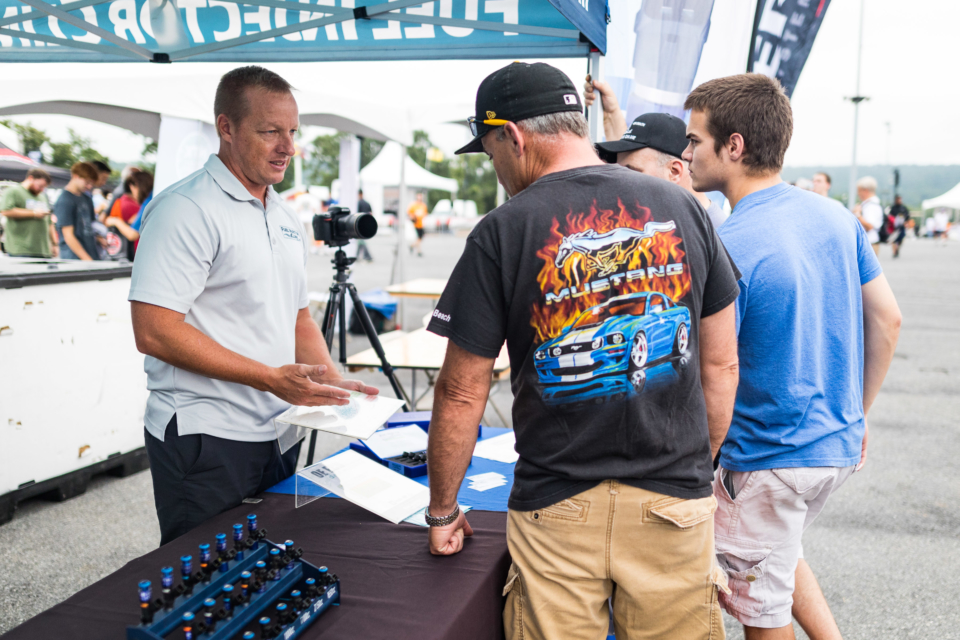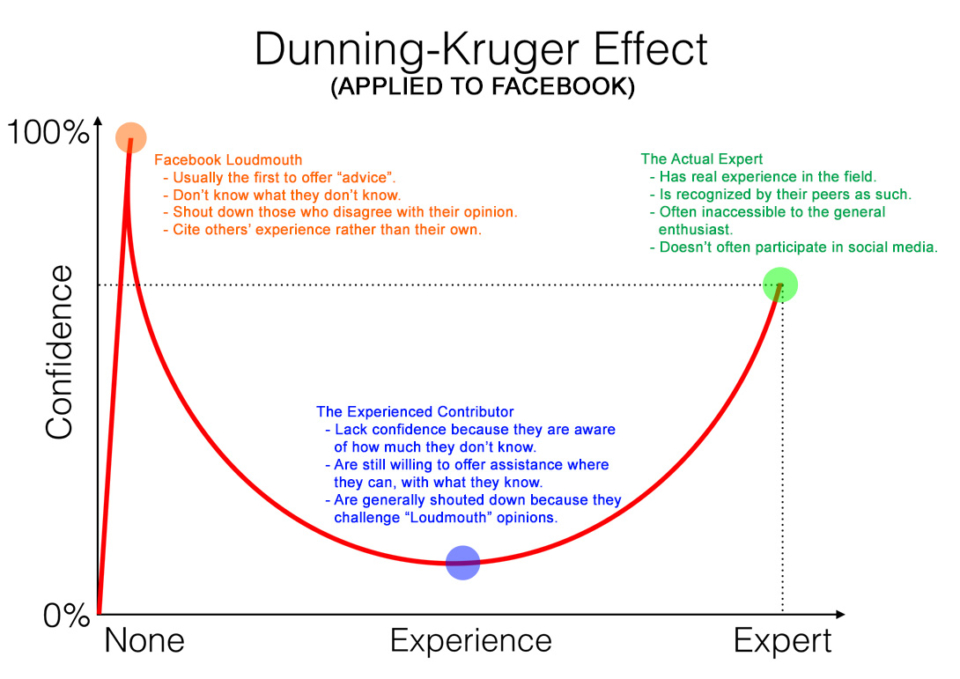Over the course of the last sixteen years, I have been an automotive writer in some way, shape or form, and by 2004 I was actually receiving a paycheck and could call this my only job. Eventually, it became more than a job, as it has turned into a career I can be proud of, and one which has truly given me gratification on many levels. In this edition of The Thumbprint, I’d like to discuss digital information sharing.
In the early 2000s, I was lucky enough to be in a position where I was able to get involved with an automotive forum on the ground floor, and—dare I say it—became one of those people who pushed the boundaries of what we knew media to be at that time. No longer was it necessary to head to the local supermarket to pick up a stack of car magazines every month; we started engaging people on the World Wide Web and dragging them away from traditional media with in-depth car and people features, along with race coverage which was as real-time as it could be without broadcasting video, which wasn’t possible given the slow internet speed technology of the day. Today, we’d call leading the charge into the next dimension of media being a “thought leader”, but in 2002, when I started doing it, I just wanted to write about hot cars and interesting people.
Before Facebook Groups existed—which I feel have brought about the death of real peer-to-peer automotive knowledge sharing—these forums offered provisions for unfettered information access in real-time, and enthusiasts were able to use this collective knowledge base to push performance boundaries in a way never before seen. The sharing of accomplishments between people who were located around the globe ushered in an era of rapid performance advancement, brought about by people who were testing, modifying, creating, and adapting to the capabilities of the modern world.
But as enthusiasts have migrated to sharing their thoughts in those Facebook groups in real-time, with comment branches spawning from the original thread into what can become a disaster to follow, the knowledge level, in my humble opinion, has suffered quite a bit. Often, one poster—who may in fact be the most knowledgeable of the bunch—is shouted down by a large group of people, because they believe differently from said person. And knowledge is not expanded upon, but instead pushed to the back as it simply becomes a game of who can have the last (often incorrect) word in the discussion.
What prompted me to write this commentary was an article I read recently, written by my friend Eric Trytko (one of those forum buddies from way back when) over on LinkedIn, entitled: You’re In An Echo Chamber And You Don’t Realize It. Jeff Smith’s recent editorial here on EngineLabs—In The Clutch: Fast Talk With Jeff Smith—also spurred me to think about this topic.
This made me think of all of those disastrous comment threads I’ve read on Facebook lately, which have actually pushed me to use social media less, and yearn for the old forum days, where discussions could be had, moderated, and searched for years to come. Even today, I still search certain forums when I am looking for specific pieces of information.
The sum of Eric’s essay could be considered these points:
- Do I talk to or hang out with people whose views and opinions are not 80% or greater equal to my own?
- Do I hang out with, talk to or associate with people from a different industry or line of work?
- Do I ever step back and take a dispassionate and objective look at my point(s) of view?
- Do I have anyone in my circle that will call BS on me?
- Do I get my information only from sources I tend to agree with?
- Do my views and opinions ever go against the so-called thought leaders?
Now think about your favorite Facebook group, and how those points might apply to the most active posters in those groups. Typically, those who shout the most, often have the least-valuable input. And those who don’t say much at all often have the best information to share. In psychology, this is called the Dunning-Kruger Effect, which effectively proves out how people mistakenly assess their abilities as much greater than they are—being ignorant of one’s own ignorance. In other words, they don’t know what they don’t know.
To relate these thoughts to how I started out my commentary here, I tend to use these same types of processes when evaluating myself in any given area of my life, especially as I work to stay on top of the latest developments in the engine world. I try to associate with people who don’t necessarily think how I think, because often it’s those other viewpoints which make me question my own.
As we all know, life has a way of getting in the way, so to speak, and although I give it my best effort, I can’t be everywhere all the time or know every engine fact about every engine ever produced. Despite the fact that I consider myself relatively smart, I can still be quite dumb at times. So I’ve made an effort to ingratiate myself—and the rest of the EngineLabs staff—with the thought leaders in the engine world today. We are able to lean on guys like Billy Godbold at Comp Cams, Ben Strader at EFI University, Lake Speed, Jr. at Driven Racing Oil and Richard Maskin at Dart Machinery among others, to help us bring you the content you seek when you come to EngineLabs. These gentlemen are typically in the back rooms of the companies where they toil away, developing those products through the trial-and-error process which often contains many more failures than successes.
With accomplishments proven in the racing world, each of these gentlemen can be considered one of the folks driving the direction of the industry with respect to performance, tuning education, oiling, and manufacturing, and it’s our duty to share their thoughts, discoveries, and new products with you to the best of our ability. That said, none of them are the be-all, end-all when it comes to their said area of expertise, and I believe that each of them to a man will tell you that their constant quest to learn more about their respective segment of the performance industry often leads them to question their own discoveries, make changes to their thought processes, and consult with other industry leaders to solve problems they encounter. In fact, I’ve had discussions with at least three of the four named above who have explained that their failures both big and small—along with how they adapt to them and go back to the engineering table to re-engineer the failed product—have in fact spurred new development processes, manufacturing procedures, and ultimately better racing gear for the rest of us.
Check out the video below for more on the Dunning-Kruger Effect.
At the same time, while it is important to pay attention to the failures of others, and understand how to overcome them in your own situations, sometimes it’s also important to fail on your own, because the best lessons can come from said failures.
Whether it’s an outstanding article with a crappy title that won’t entice anyone to come read it, a failure to do our due diligence with the end result of getting called out by a reader—usually in public—for our mistake, or the fact that we end up living in a bubble at times and end up covering the same types of engines more often than we should, we try to learn from those things and to serve you more effectively, with quality content you want to read. We all make mistakes. How we hold ourselves accountable for turning those mistakes into successes is often the difference between winners and losers in this world.
Ultimately, if you think you have all the answers, you should probably re-evaluate how you came to that conclusion. Because the chances are extremely high that the only person you’re fooling is yourself.




















